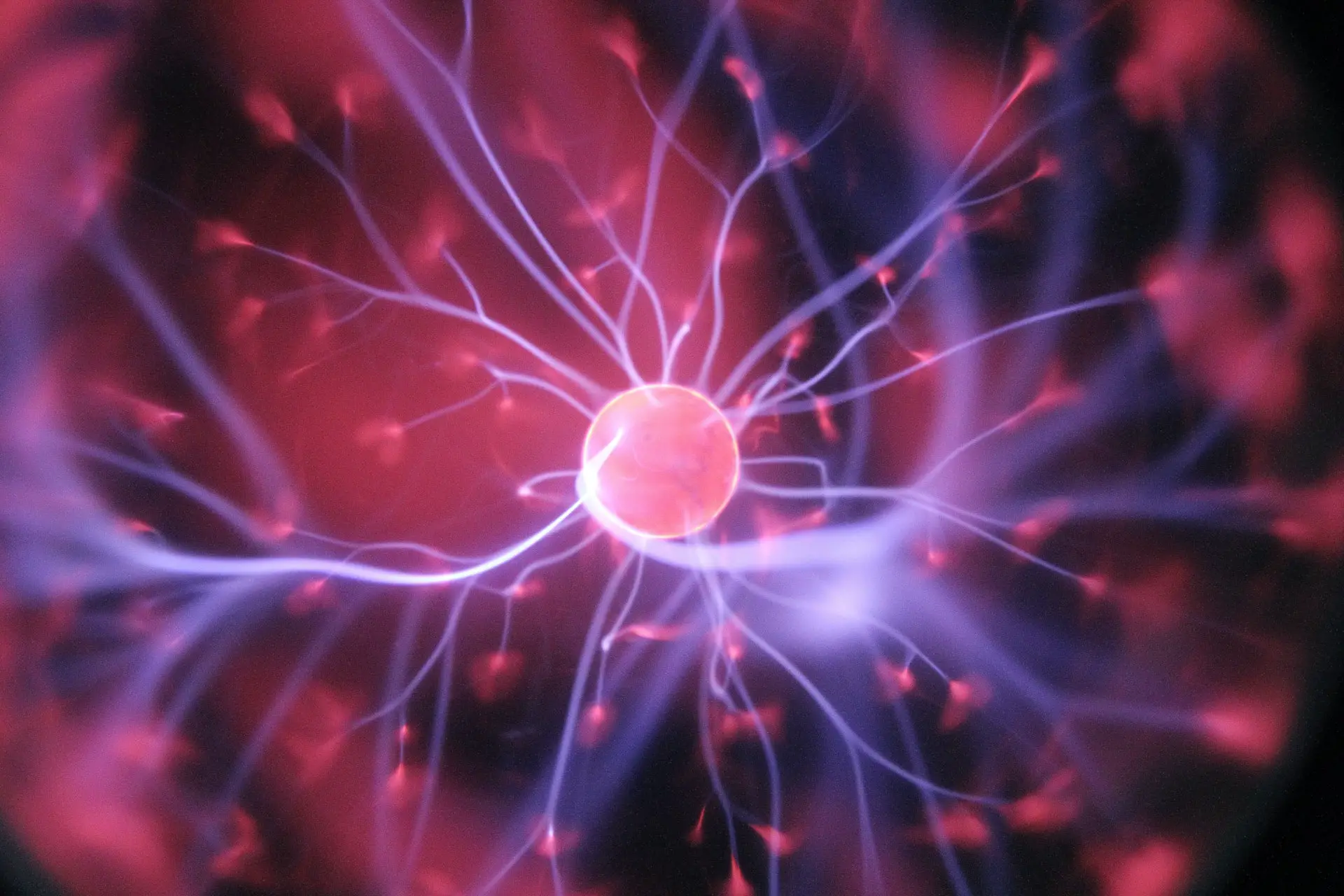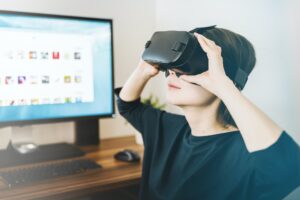According to new research, VR can boost brain activity, essential for learning, memory, and could even apply to treating Alzheimer’s, ADHD, and depression.
Researchers from the University Of California Los Angeles (UCLA) conducted the study on rats. They observed that the electrical activity within a specific region of the brain, known as the hippocampus, shot up as the rodents were placed in virtual reality environments.
The hippocampus is a principal driver of learning and memory, including spatial navigation, in the brain, which is why the study’s findings could be relevant for a range of domains.
“It turns out that amazing things happen when the rat is in virtual reality,” said Prof Mayank Mehta from the Departments of Physics, Neurology, and Electrical and Computer Engineering at UCLA.
“We were blown away when we saw this huge effect of VR experience on theta rhythm enhancement.”
During the study, it was also discovered that VR environments impacted the several electrical rhythms present in different parts of brain neurons.
“That was really mind-blowing,” Mehta exclaimed. “Two different parts of the neuron are going in their own rhythm.”
This highlights the potential of VR tech for manipulating the brain rhythms in humans. It could help us boost learning and find effective treatment against memory-related disorders, including ADHD, autism, Alzheimer’s disease, epilepsy, and depression.
“This is a new technology that has tremendous potential,” Mehta added. “We have entered a new territory.”
Follow us on LinkedIn
Read other Articles





